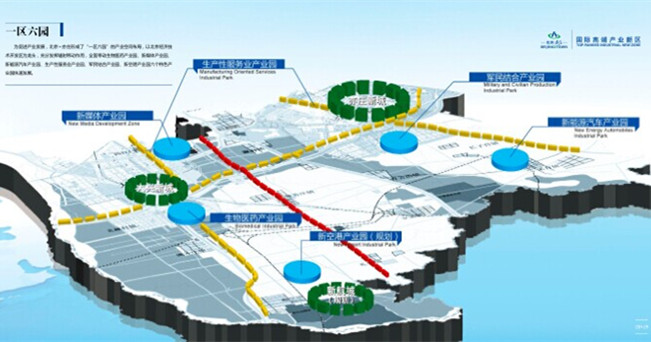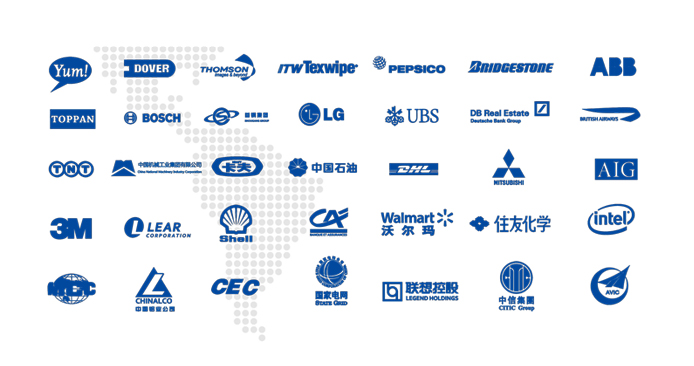Li: Opening-up to grow, including service sector
( China Daily )
 |
|
He Hongzhi, owner of a luxury car-washing shop, washes a car in Chengdu, capital of Southwest China's Sichuan province, on June 10, 2017. [Photo/VCG] |
Premier Li Keqiang vowed on Thursday to take measures to further open up China's market, including the service industry, while welcoming foreign investment to the country.
That will give Chinese consumers more alternatives, Li said when meeting with former New Zealand prime minister John Key in Beijing.
"You and I have been old friends since your term as the prime minister. You have made contributions to advance New Zealand's relations with China, and I hope you will continue your important role in advancing China-New Zealand relations," the premier said.
China will further efforts in building a fair business environment in which domestic and foreign companies are treated equally, continuing to make China the most attractive destination for investments, Li said.
Li said China's economic growth exceeded expectations during the first half of this year, with the economic structure having been prioritized and with greater contributions by the service industry and consumption. "Opening up to the outside world has been our fundamental policy, and China's door will be opened even wider," he said.
The premier added that China would like to work with New Zealand in developing their ties and cooperation, and contribute to the stability and development of the Asia-Pacific region.
Key said Li's visit to his country in March saw new progress in developing those areas. New Zealand and China are good friends and partners, and New Zealand positively regards the prospect of China's development while being committed to strengthening the partnership and cooperation, he said.
Key made a six-day visit to Beijing as prime minister in April 2016. Li, during his visit to New Zealand in March, met for talks with new Prime Minister Bill English.
The two countries opened negotiations in April on upgrading their free trade agreement. The second round of negotiations was held in Beijing this month, focusing on customs procedures, trade facilitation, e-commerce and agricultural cooperation.
In New Zealand, former officials have a strong influence, and Thursday's meeting can be seen as a step forward in bilateral ties, especially with additional negotiations, said Chen Fengying, a senior researcher on the world economy at the China Institutes of Contemporary International Relations.
In 2008, New Zealand became the first developed economy to sign a free-trade agreement with China, focusing on commodity trading and not including trade in services, Chen said.
"High-level interactions between the two countries have set an example for China's exchanges with developed economies," she said.
 The Area with Six Parks
The Area with Six Parks Global Top 500
Global Top 500